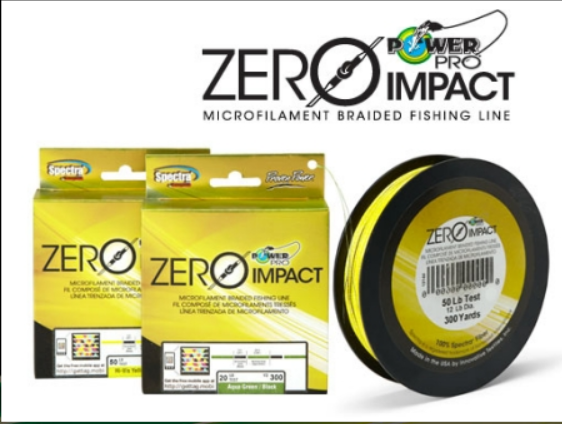
Monofilament
Chances are you started out fishing as a kid with monofilament line. There is nothing wrong with this fishing line and it works great in certain circumstances where sensitivity is not as critical and where line stretch is desirable. In my opinion, it is “dated” and doesn’t offer the qualities we are after when going for large bronzebacks.
Flourocarbon
Fluorocarbon fishing line has become very popular due to its refractive index making it virtually invisible underwater. It is a heavy line so is not appropriate for top water fishing and can be difficult to manage on spinning reels. We often use it as a leader when fishing with braided line and its great when you want to get baits deep and in techniques in clear water such as drop shotting.
Braid and Superlines
When we look at the super-lines/braided and copolymer fishing lines we are now into what most experienced smallmouth bass fishermen feel are the top choices to spool up with for smallies. These two types are top of the line (no pun intended) for catching smallmouths. Many like the copolymer line and this is fine. Others prefer the braided fishing line because it offers the top characteristics serious smallmouth fishermen seek, while limiting the number of compromises.
When you go fishing with braided line for the first time one thing becomes very apparent quickly. This is sensitive fishing line, extremely abrasion resistant, very strong, and has little elasticity. All of which is great for picking up subtle strikes. This line is so sensitive you are going to feel things you have not before and will interpret these as hits but in most instances it is simple the fact you have never felt how your bait truly moves through the water. Even though braid is abrasion resistant it is susceptible to cutting if there are sharp objects in the water or you are fishing a lake like Erie, where zebra muscles are everywhere.
Dave Mercer on braided line
httpv://youtu.be/TezYRYWkL8M
For instance, when bottom hopping or dragging bait you are going to notice everything the bait bumps into and slides across. At first this might be producing many false strike alarms but as you become accustomed to this super sensitivity it will allow you to pick-up those subtle strikes and catch more fish. Braided line actually makes you a better fisherman once you learn its characteristics.
Definitely try fishing with braided line the next time out on the water. Chances are you will soon be landing more and larger smallmouth bass.
Do you use braided line? Please offer you opinions in the space below. For a great selection of fishing lines, go here: click


